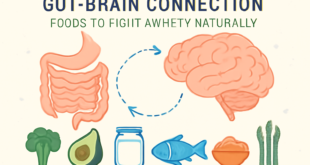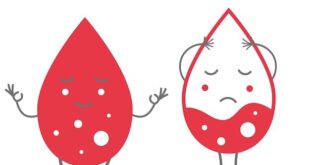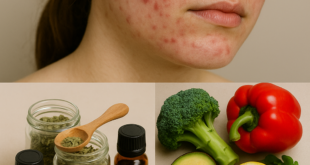
UNDERSTANDING
Among people looking for relief from symptoms including exhaustion, bloating, and skin irritation, anti-allergy diets have become rather popular rather fast. Although their goals are laudable, not all of them are supported by data; some may actually cause more harm than benefit. Let’s review better evidence-based substitutes as well as anti-allergy diets to avoid and their reasons.
Diets Designed Against Allergies Typically dairy, gluten or histamine free as applicable, anti-allergy diets seek to limit certain food groups that cause allergic reactions in particular individuals, including dairy-free, gluten-free, low histamine diets and elimination diets – typically dairy, gluten or histamine free as applicable – in an attempt to reduce inflammation or relieve other associated symptoms like rashes or inflammation. These plans usually limit one or more major food groups, such cheese or gluten and may exclude one or more major food groups totally in an effort to provide relief from symptoms like inflammation or rashes or similar reactions caused by certain individuals eating these items or intolerances caused by other individuals.
PULLING IN QUICK FIX DIETS
People can naturally be drawn to diets providing quick fixes; their promise that just changing what one eats could quickly address a variety of health issues can be appealing, but restrictive diets could really end up resulting in nutritional deficits, gut imbalance and other major consequences.
WHY CAN BACKFIRE
Elimination diets try to find triggers by eliminating several dietary groups. While seeing a skilled healthcare expert could prove very helpful in accomplishing this, trying it on your own could prove dangerous: removing foods without appropriate direction may leave long-term nutritional gaps unmet.
Should You Think About Working With a Dietitian/Allergist?
See an allergist or nutritionist if you believe you have food allergies or intolerance; they will help you progressively reintroduce foods under observation of how your body responds over time.
1.Cut off all grains without justification.
“The Glutton-Free Trap”
Those with celiac disease or diagnosed gluten sensitivity may find going gluten-free necessary; for most others, however, there may not be much benefit (or harm!) associated with totally avoiding it; gluten-free processed food may actually contain higher sugar and fiber concentrations while offering less essential nutrition than their counterparts.
To satisfy vital nutrient demands and improve digestive health, choose better foods include brown rice, quinoa and oats (certified gluten-free if necessary).
2.Risk associated with very low-histamine diets
Low-histamine diets can help with allergic responses and headaches; nevertheless, their limited food list usually becomes so long—including aged cheese, fermented items, spinach, tomatoes and even citrus fruit—that it becomes impossible to achieve daily nutritional requirements.
3.Cut Dairy Without Medical Prescription Although lactose intolerance is somewhat prevalent, it does not imply you have to cut off all dairy from your diet. While offering vital minerals like calcium and vitamin D, fermented foods like yogurt and hard cheese usually go well received.
REAL LIFE EXAMPLE
Real-Life Example One 30-something female followed recommendations from a wellness blog and cut off dairy, gluten, soy, eggs and nuts as advised. Although she first felt better after cutting out these food groups, within months indicators of major nutritional deletions were beginning to show: hair thinning, muscle weakness, and exhaustion. Following advice from a certified dietician, she restored most of the forbidden foods with noticeable results.
Last Thoughts: Juggling Overrestration and Restrain
Although particular foods can set off allergies or intolerances, limiting whole dietary groupings over time can backfire. More long-term sustainable solutions should always come from a diet high in vital nutrients than from severe limitations.
WHEN SHOULD ONE GET EXPERT HELP
See a qualified physician right away if you believe you have food allergies or intolerance. Food challenges or blood tests or skin prick tests can assist in identifying allergies present.
Essential Learnings
1.Anti-allergy diets could offer notable relief—but only under skilled medical supervision.
2.Cutting calories too dramatically could lead to more difficulties than it solves.
3.Stay away from self-diagnosing yourself and give good nutrition top priority.
4.When making judgments about your health, do not base them just on Internet trends.
 healthybodyboost.net Healthy Body Boost
healthybodyboost.net Healthy Body Boost



